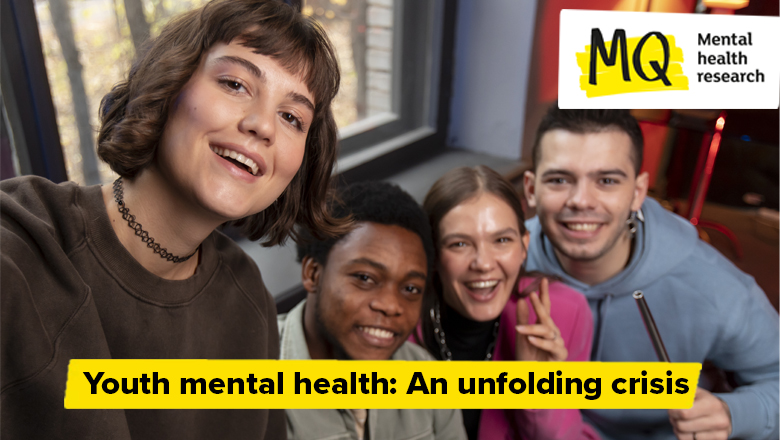Around the world, young peoples mental health has been declining over the past two decades and is now entering a dangerous phase, suggests a new Lancet Psychiatry Commission.
It has long been known that 75% of mental illnesses take hold before adulthood. Mental illnesses generally have their peak onset at age 15 and mental ill-health accounts for 45% of the overall burden of disease in people aged 10-24.
However alarming new evidence suggests that the prevalence and impact of mental ill health is steadily increasing. The Surgeon General in the USA, Dr Vivek Murthy has labelled this deteriorating situation a ‘youth mental health crisis’.
Now a new Lancet Commission on young peoples mental health has brought together a group of world experts and people with lived-experience including ten youth commissioners to deliver an analysis of the worldwide state of young people’s mental health.
The Commission is focused not on the traditional dividing lines of children’s mental health (up to 17 years old) or adult mental health (18+) but of 12–25-year-olds. What the Commission calls the ‘emerging adult phase’ which spans adolescence and early adulthood.
They have identified several global megatrends (major, long-lasting societal changes such as environmental, social, economic, political, or technological changes) which are exacerbating psychological distress and intersecting with the transition from adolescence into adulthood. These trends include:
- Unregulated Social media use
- Inaction on Climate Change
- Intergenerational inequality
- Adversity linked to the COVID-19 pandemic
- Rising student debt
- Housing and employment precarity
- Destabilizing political structures around the world
“The youth mental health crisis is of the utmost importance globally, given how dependent societies are on the capacities and contributions of young people. As long as so many emerging adults die prematurely, are consigned to a life of welfare dependency, are denied sufficient respect and nurture, and languish in precarity, society itself will become more precarious. The youth mental health crisis is more than a warning sign, and now might be our last chance to act.”







